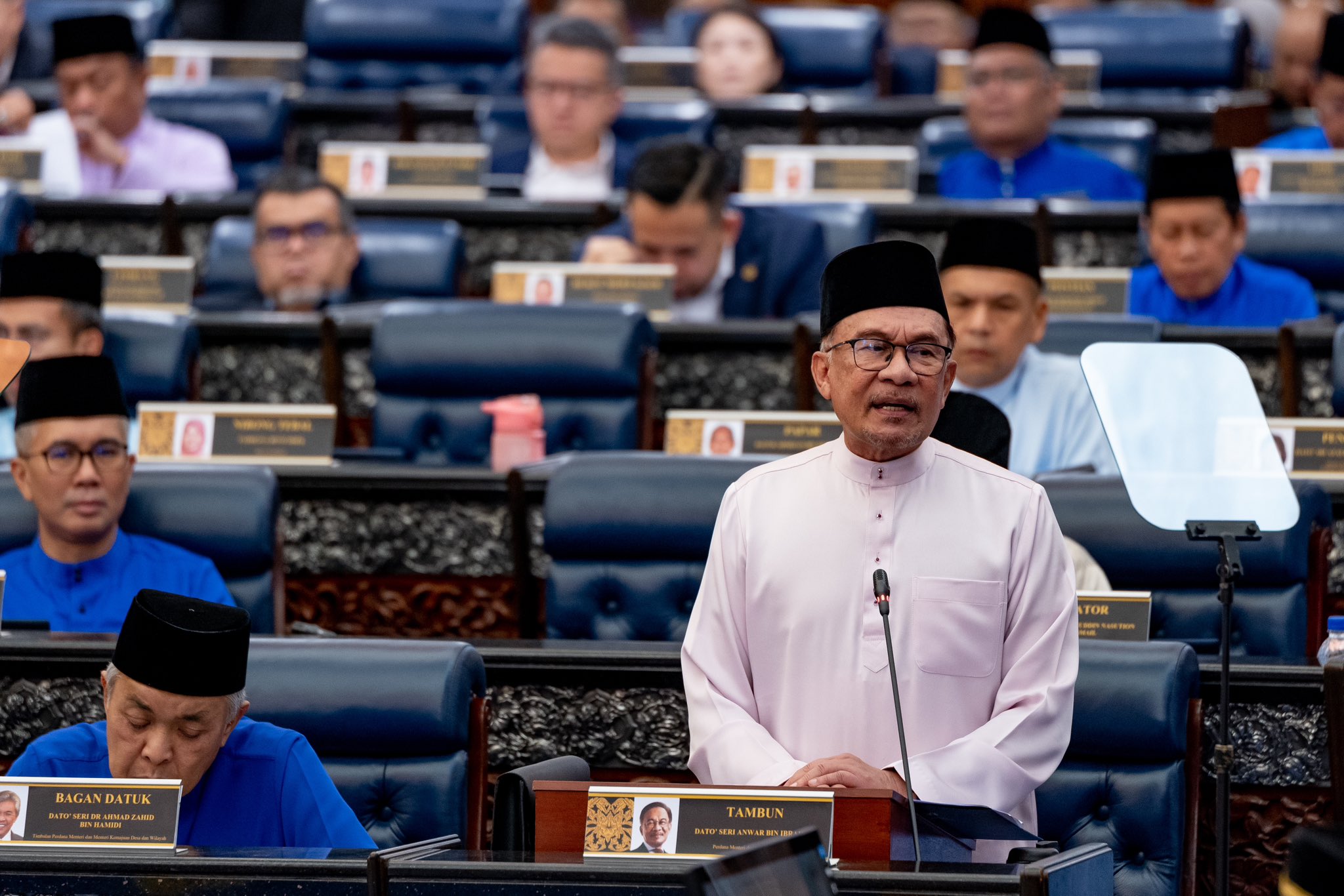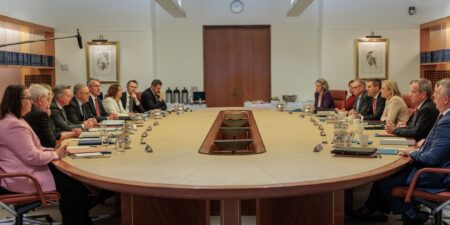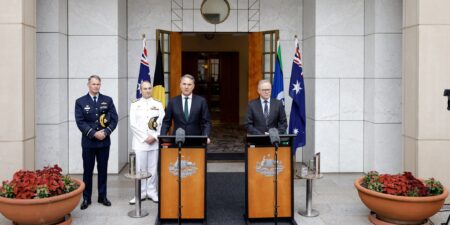The BGA Malaysia Team, led by Managing Director Hazree Turee, wrote an update to clients on Malaysia’s 2024 budget.
Context
- Malaysian Prime Minister Anwar Ibrahim on October 13 presented the 2024 budget in Parliament’s lower house. Themed “Reforming the economy, empowering the people,” the MYR 393.8 billion ($83.3 billion) expansionary budget is the country’s largest. Still, the increase in spending is just 1.5 percent more than the MYR 388.1 billion ($82.1 billion) allocated for the 2023 budget, making this the second-smallest increase in federal spending since 2020.
- Anwar, who is also Malaysia’s finance minister, proposed modest reforms, including the rationalization of subsidies and an increase in the sales and service tax rate. These reforms reflect the increased room for Anwar to maneuver politically after his federal coalition pulled through in the closely fought state elections in August and corruption charges were dropped against Deputy Prime Minister Ahmad Zahid Hamidi in September.
Significance
- The reforms move the country in the right direction, and the budget reaffirms Putrajaya’s commitment to lower the country’s fiscal deficit to 3.2 percent by 2025. The budget projects the fiscal deficit will decrease from 5.6 percent in 2023 to 5 percent this year. The reforms also coincide with the passing of the Public Finance and Fiscal Responsibility Act in Parliament’s lower house. The legislation outlines clear fiscal deficit and debt targets and emphasizes the finance minister’s accountability in managing public fiscal and financial policy.
- No mention was made of the Goods and Services Tax, which was widely expected to return. Instead, the existing sales and service tax rate will be increased from 6 percent to 8 percent for select items and services. The government also turned to alternative income streams, including a capital gains tax on the disposal of unlisted shares, which will be implemented by March next year, and a luxury tax. In addition, the government pledged to implement the Global Minimum Tax in Malaysia by 2025.
Implications
- The government continues to promote Malaysia as an attractive investment destination and is focused on promoting high-growth, high-value industries. The government will disburse MYR 200 million ($42.3 million) to implement initiatives under the New Industrial Master Plan 2030 launched in September. To attract more talent into the country, the government will simplify the approval process by which strategic investors in priority sectors are granted employment passes, and long-term social visit passes will be introduced for foreign graduates.
- The government recognizes that inflation will be inevitable with the rationalization of subsidies and other external factors. Inflation is projected to increase from 2.5-3 percent in 2023 to 3.6 percent in 2024. To offset this burden on the cost of living for the lower-income population, the allocation for the existing Sumbangan Tunai Rahmah federal cash-transfer program will be increased from MYR 8 billion ($1.7 billion) to MYR 10 billion ($2.1 billion).
We will continue to keep clients updated as the budget is debated. Comments and questions can be directed to BGA Malaysia Managing Director Hazree Turee at hturee@bowergroupasia.com.
Best regards, BGA Malaysia Team

Managing Director
Hazree’s 25 years of business experience have spanned across many sectors, including consulting, sales, marketing and services. His work with large multinationals and government link companies helped him build an extensive network, especially in the government. Hazree has been involved in business development projects in industries like oil and gas, banking, supply chain and e-government. He has turned around troubled and complex projects with challenging policy, financial and technical problems. He has set up a cloud computing business and was the architect of Commerce dot Com’s Center of Excellence for Government Procurement. Hazree has vast experience in liaising with government ...
Read More


























